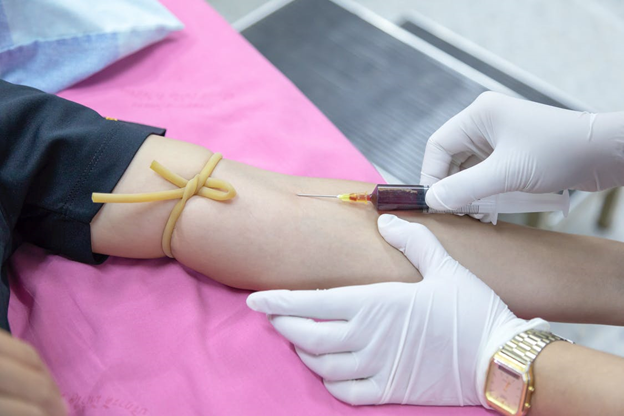
For every would-be phlebotomist and potential telemetry technician, having direct experience with the equipment and procedures involved in their duties is a must. While a good online course might give you all the theoretical knowledge that you need, practice is key in most fields of medicine and phlebotomy is no different.
It lets you experience a clinical environment
A phlebotomist has to adhere to just as many protocols as any medical professional. The process of taking, handling, and processing blood samples is a highly critical one, and thus one that requires the utmost care. Having firsthand experience with those protocols is essential to an individual’s confidence in their abilities, and it also helps them build connections between what they’ve learnt through their textbooks and practice. Working on this process with peers and supervisors helps tomorrow’s phlebotomists glean knowledge and experience from each other, helping improve the entire class’ familiarity with essential concepts and practices. Speaking of building upon concepts with your peers…
It helps you get in touch with hospitals and clinics
If you’ve gotten your certification online, you’ll find yourself jumping through several hoops to get your foot in the door when it comes to landing potential internship opportunities. Most on-ground programs will help connect you to opportunities, help you decide between them, and facilitate you in the process of applying. Training organizations have links with local hospitals and health care providers, and these links often prove beneficial to students. For example, did you know that Phlebotomy Career Training has a nationwide contract with Concentra? Contracts like these form the basis of a budding professional’s gateway to firsthand experience in hospitals and workplaces, so they’re definitely an advantage.
It’ll help you explore your options
Training organizations very rarely offer only a single course or program. Even ones that focus on one field within medicine (like the NTA) allow you to interface with others. While an online course may give you in-depth knowledge of that one domain, hands-on experience helps you understand the greater field of medicine and the part you’d like to play in it. For some, this might just mean knowing what they don’t want to pursue, but for others, it might just give them their next dose of inspiration.
For many reasons aside from these three major ones, hands-on experience is an essential step towards becoming a medical professional. If you’re an aspiring phlebotomist or telemetry technician and you’d like to know more about Phlebotomy Career Training, check out their website. If you’d just like some career advice, or you’d like to find out about educational or training opportunities near you, reach out to us here. The NAPTP has been assisting phlebotomists and telemetry technicians and professionals in their journey to get accredited for years, and we’re sure we could help you too.

Nancy L. Kimmel obtained her PhD in Environmental Engineering in 2002, then went on to teach Physics and Mechanical Engineering at Lawrence Technological University, Henry Ford College and Oakland University. She obtained her Associate in Nursing from Henry Ford College and then went on to earn her Master Degree as a Family Nurse Practitioner and became Board Certified working as a licensed FNP in the State of Michigan. She then went on to Medical School where she is now in her 3rd year, and is also in the process of obtaining her Doctorate in Nursing Practice through Chamberlin University. She has authored the NET Study Guide, as well a several books on subjects of Math, ECG/EKG and Phlebotomy. She holds a patent on an Air Filter through the U.S. Patent Office.

